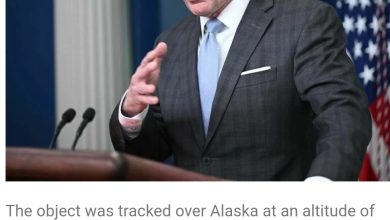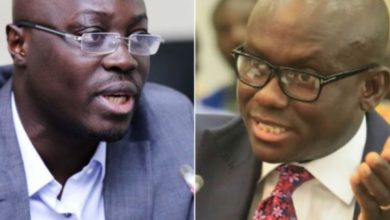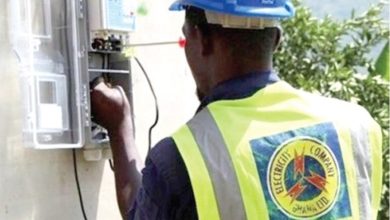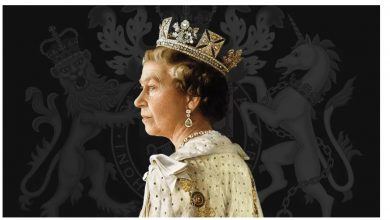We’ll audit recalled ballot booklets for Western and Eastern Regions before destruction – NDC
Source: Joy Online
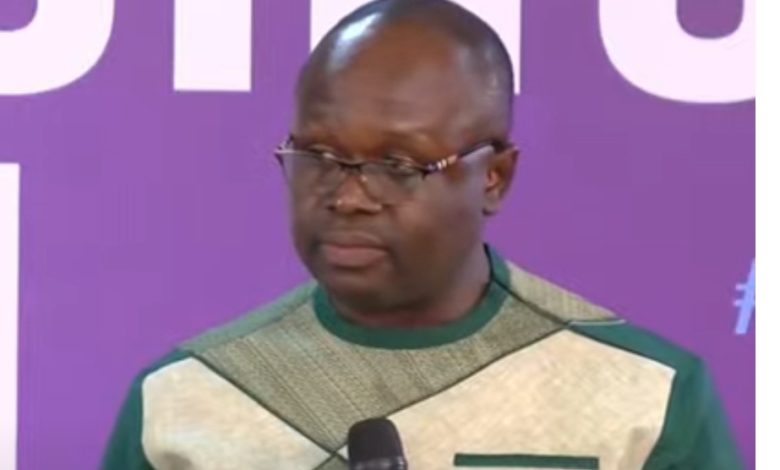
The National Democratic Congress (NDC) has announced its intention to conduct a thorough audit of ballot booklets earmarked for destruction in Ghana’s Western and Eastern Regions.
This decision follows a statement by the party’s Director of Elections and IT, Dr Edward Omane Boamah, who emphasised the need for transparency in handling the ballot materials.
Dr Boamah highlighted that, given the large volume of ballots involved, it would be impractical for the destruction process to take place as originally planned.
“Considering the volumes involved, the said destruction of ballot papers cannot take place today,” he stated.
The audit aims to ensure that all materials are accounted for, maintaining integrity in the electoral process.
In a Facebook post on Tuesday, 3rd December, Dr Boamah underscored the importance of vigilance, noting that the Electoral Commission (EC) must remember that it had previously lost the trust of the public.
“The Commission must never forget they lost our trust long ago,” he remarked, reinforcing the need for rigorous oversight of electoral operations.
This development follows an earlier incident on Sunday, 1st December, when the EC ordered a recall and reprinting of ballot papers for the Eastern and Western Regions.
The decision came after a leakage of the initial ballot papers was detected, raising concerns about potential electoral malpractice.



